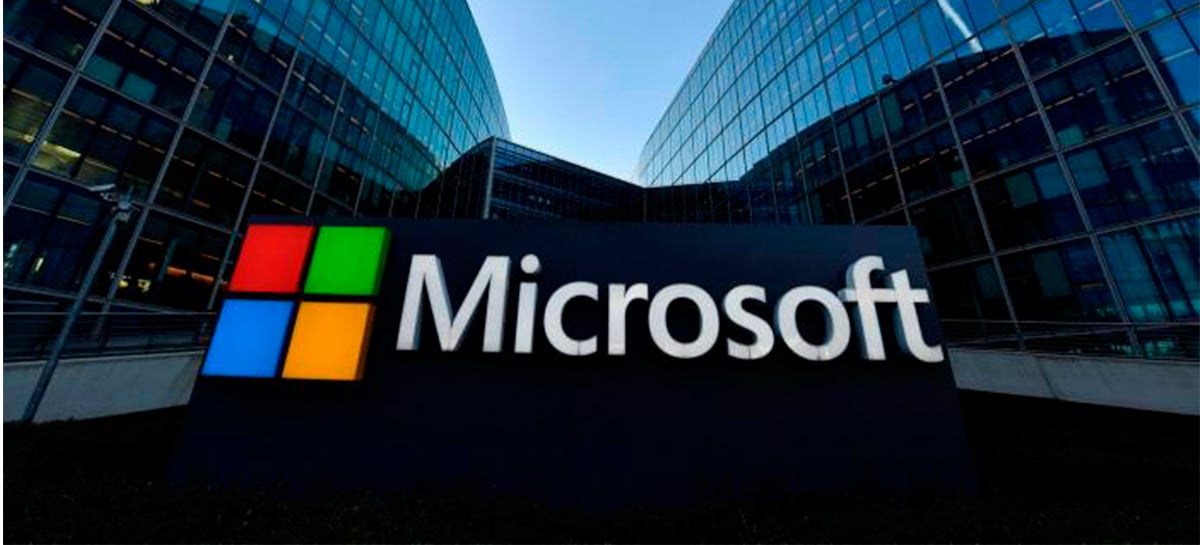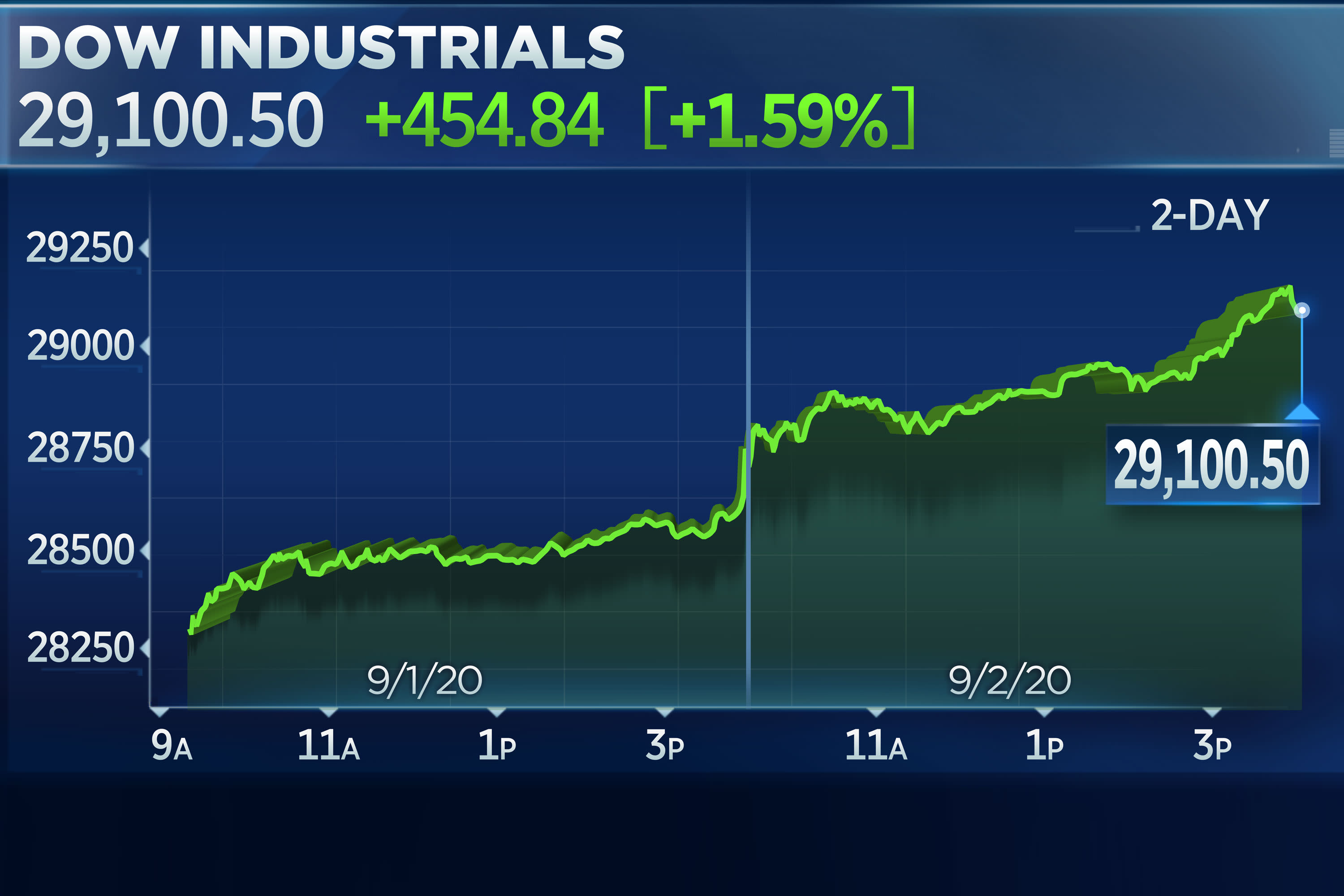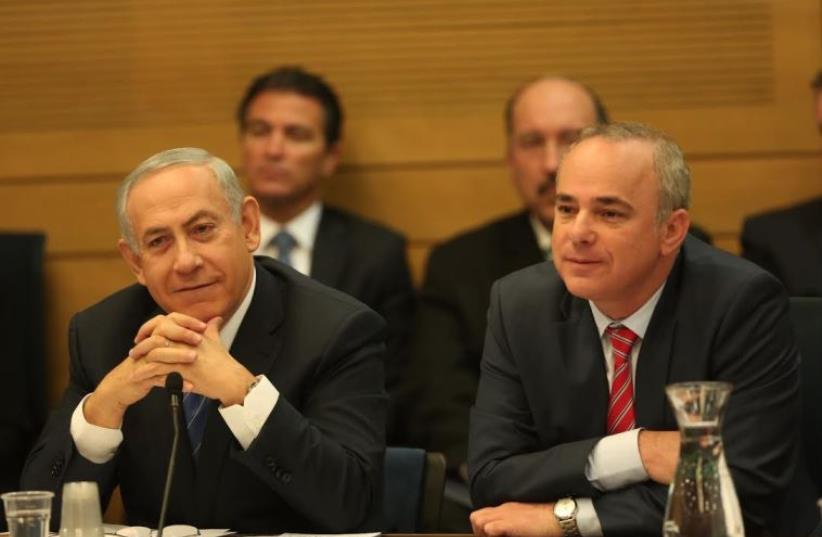Microsoft-Activision Deal: FTC Files Appeal Against Court Decision

Table of Contents
The FTC's Arguments for Appeal
The FTC's core argument centers on the belief that the Microsoft-Activision deal will substantially lessen competition within the video game market, harming consumers. Their appeal focuses on several key concerns:
-
Concerns about Microsoft's market dominance: The FTC argues that Microsoft already holds significant power in gaming consoles (Xbox) and is rapidly expanding its presence in cloud gaming (Xbox Cloud Gaming). Acquiring Activision Blizzard, home to iconic franchises like Call of Duty, World of Warcraft, and Candy Crush, would further solidify Microsoft's dominance, potentially stifling competition from rivals like Sony and Nintendo.
-
Allegations of anti-competitive practices: The FTC alleges that Microsoft could leverage its ownership of Activision Blizzard to make popular titles like Call of Duty exclusive to Xbox consoles and its cloud gaming platform, harming competition and reducing consumer choice. This could potentially drive players towards the Xbox ecosystem and away from competing platforms.
-
Claims of flawed judicial assessment: The FTC contends that the judge's original ruling incorrectly assessed the potential harm to competition, overlooking the long-term consequences of the merger and the significant market power Microsoft would gain. They believe the judge underestimated the potential for anti-competitive behavior from Microsoft post-acquisition.
-
Focus on preserving consumer choice: A central theme in the FTC's argument is the preservation of consumer choice and fair competition. They argue that the merger would limit consumer options, potentially leading to higher prices, reduced innovation, and a less dynamic gaming market.
The Judge's Original Ruling and its Rationale
The original court decision allowed the merger, arguing that the FTC failed to provide sufficient evidence to demonstrate that the acquisition would likely lead to substantial lessening of competition. Key points of the ruling include:
-
Assessment of Microsoft's market power: The judge acknowledged Microsoft's significant presence in the gaming market but concluded that the evidence didn't definitively prove the merger would create a monopoly or significantly reduce competition.
-
Evaluation of the FTC's evidence: The judge found the FTC's evidence insufficient to support its claims of anti-competitive behavior and the potential for significant harm to consumers. The judge specifically questioned the weight of certain expert testimonies presented by the FTC.
-
Points of disagreement: A key point of disagreement centered on the potential for Microsoft to make Activision Blizzard titles exclusive. The judge appeared less convinced than the FTC that this was a likely outcome, citing Microsoft’s statements on continued cross-platform availability.
-
Legal precedents and arguments: The judge's decision relied on established legal precedent surrounding mergers and acquisitions, emphasizing the need for clear evidence of anti-competitive effects before blocking a merger.
Potential Outcomes of the Appeal and its Implications
The FTC's appeal could lead to several outcomes:
-
Scenario 1: Appeal Success – Merger Blocked: If the appeal is successful, the Microsoft-Activision deal would be blocked, potentially causing significant financial repercussions for both Microsoft and Activision Blizzard. This outcome would send a strong message about antitrust enforcement in the tech industry and could impact future large-scale mergers.
-
Scenario 2: Appeal Failure – Merger Confirmed: An unsuccessful appeal would affirm the original ruling, potentially setting a precedent for less stringent antitrust review of large tech mergers. This could have long-term consequences for the gaming industry and the tech sector as a whole.
-
Settlement or Compromise: It's also possible that Microsoft and the FTC could reach a settlement, perhaps involving concessions from Microsoft to mitigate anti-competitive concerns. This might include commitments to ensure Call of Duty remains available across multiple platforms.
-
Impact on Future Mergers: Regardless of the outcome, this case will significantly influence the regulatory landscape for future mergers and acquisitions in the tech industry. It highlights the growing scrutiny of large tech companies and the challenges of regulating rapidly evolving digital markets.
-
Consumer Impact: The outcome directly affects game prices and availability. A blocked merger could maintain competitive pricing and diverse game offerings. A successful merger might result in price increases or exclusivity deals, potentially reducing consumer choice.
The Broader Context of Antitrust Law in the Tech Industry
The Microsoft-Activision case is significant within the broader context of antitrust enforcement in the tech industry.
-
Comparison with other cases: This case can be compared to other significant antitrust battles involving tech giants, such as the cases against Google, Facebook (Meta), and Apple, highlighting the ongoing challenges regulators face in policing powerful tech companies.
-
Evolving antitrust regulation: This case underscores the need for evolving antitrust regulations to adapt to the rapid changes in the digital economy. The unique characteristics of digital markets, including network effects and data dominance, necessitate nuanced legal frameworks.
-
Challenges in regulating tech markets: The complexity of digital markets and the rapid pace of technological innovation pose significant challenges to regulators. Defining and measuring market power in the digital age remains a complex and evolving area of law.
Conclusion
The FTC's appeal against the Microsoft-Activision deal represents a critical juncture in the ongoing debate regarding mergers and acquisitions in the tech industry. The outcome will profoundly impact antitrust law, competition within the gaming sector, and the future of gaming as a whole. This legal battle's implications extend far beyond the immediate players, shaping the regulatory landscape for years to come.
Call to Action: Stay informed on the latest developments in this significant Microsoft-Activision deal. Follow our updates for continued analysis and news as this legal battle unfolds and shapes the future of the gaming industry.

Featured Posts
-
 Muere Joven Referente De Afa Impacto En El Futbol Argentino
Apr 30, 2025
Muere Joven Referente De Afa Impacto En El Futbol Argentino
Apr 30, 2025 -
 Channel 4 Announcement Sparks Further Complaints Against Amanda Owen Of Our Yorkshire Farm
Apr 30, 2025
Channel 4 Announcement Sparks Further Complaints Against Amanda Owen Of Our Yorkshire Farm
Apr 30, 2025 -
 Stock Market Today Dow Futures Rise Earnings Drive Trading Live Updates
Apr 30, 2025
Stock Market Today Dow Futures Rise Earnings Drive Trading Live Updates
Apr 30, 2025 -
 Uk Eurovision Act Reveals Points Arent The Only Goal
Apr 30, 2025
Uk Eurovision Act Reveals Points Arent The Only Goal
Apr 30, 2025 -
 No Russian Gas Klingbeil Defends Germanys Energy Policy
Apr 30, 2025
No Russian Gas Klingbeil Defends Germanys Energy Policy
Apr 30, 2025
